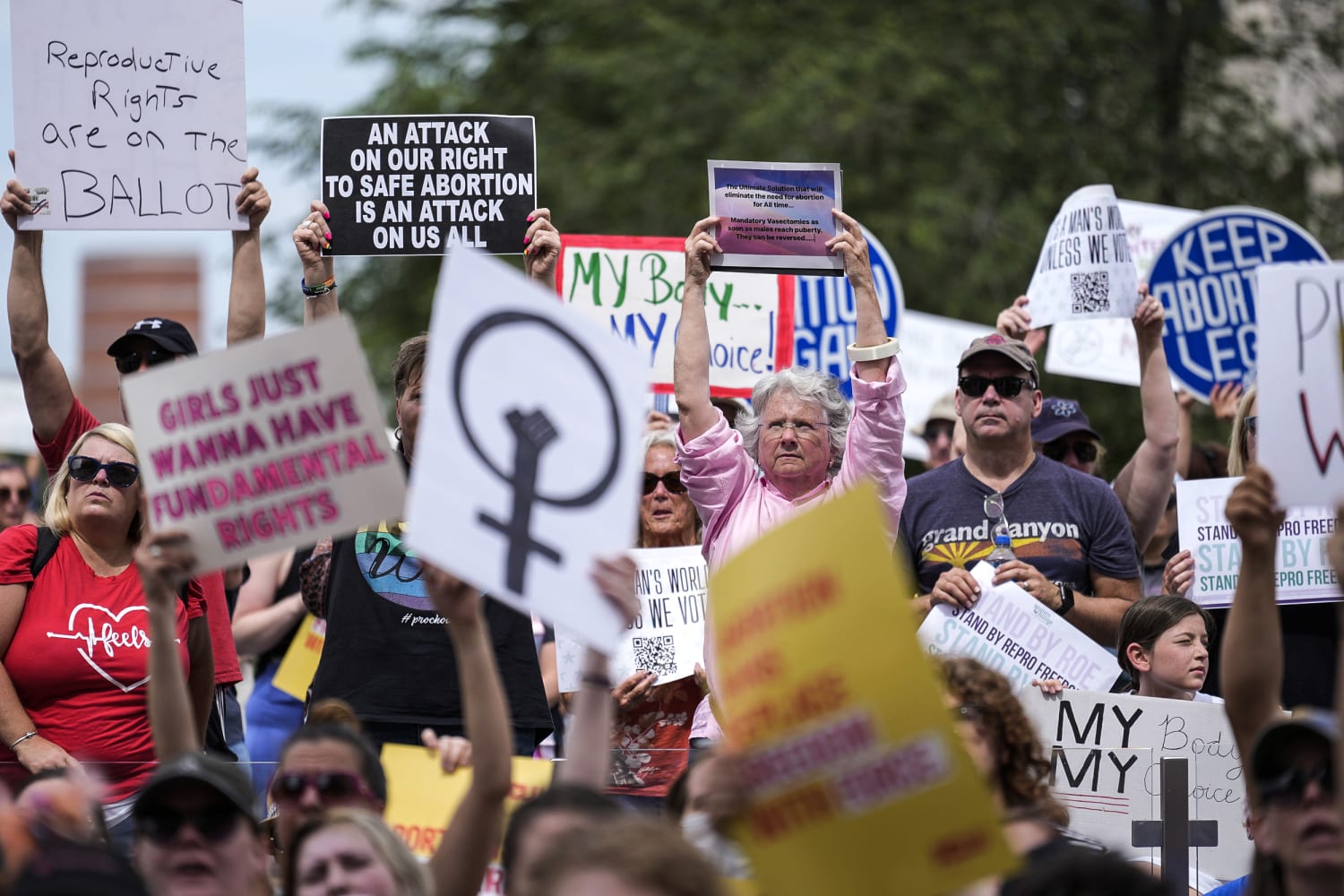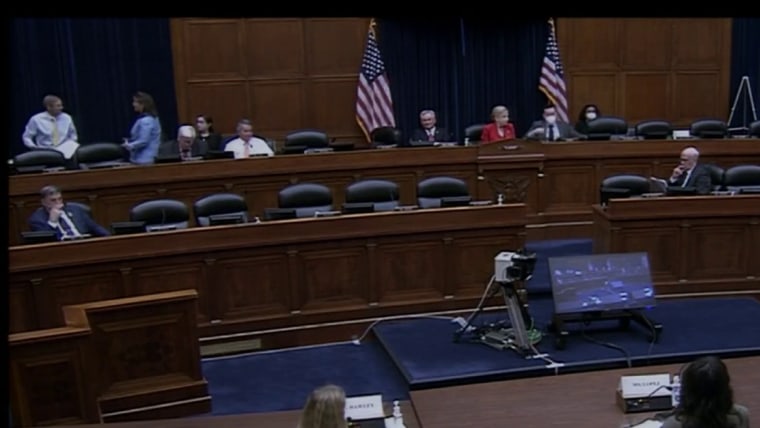Indiana asked the Supreme Court on Thursday to let the state enforce a law requiring parental consent in order for a minor to get an abortion.
The law would require patients under 18 to notify a parent or guardian in order to get an abortion unless the patient gets authority from a juvenile court that it would be in the best interests of the minor to get the procedure without parental notification.
The measure was enacted in 2017, but lower courts blocked it. They found it unconstitutional under the Supreme Court’s longstanding rulings on abortion. After Roe v. Wade and the other precedents were overturned in late June, Indiana asked the lower courts to lift the stay and allow it to enforce the law.
For now, the case sits before the U.S. Court of Appeals for the Seventh Circuit, which has said it cannot act until it receives formal notice of the Supreme Court’s ruling, known as the judgment. Under Supreme Court rules, that would not normally be transmitted to the lower courts until July 25.
In its application filed Thursday, Indiana asked the Supreme Court to issue the judgment immediately. The existing rulings blocking enforcement have no legal basis and are harming important state interests, it said.
“Delay would only serve to prevent enforcement of a duly enacted state statute designed to protect minors, families, and the unborn,” lawyers for the state said in their court filings.
When the Supreme Court issued its decision overturning Roe, Indiana’s attorney general, Todd Rokita, praised the ruling. “We eagerly anticipate clearer paths for Indiana’s commonsense laws protecting unborn children and their mothers,” he said.
The state followed the normal practice and directed its application to Amy Coney Barrett, the Supreme Court justice assigned to consider appeals from that part of the country. But because she was a member of the appeals court when the Indiana case was pending, it might be referred instead to Ketanji Brown Jackson, the newest member of the court.
Either justice could act on it herself or refer it to the full court for consideration.
Source: | This article originally belongs to Nbcnews.com











